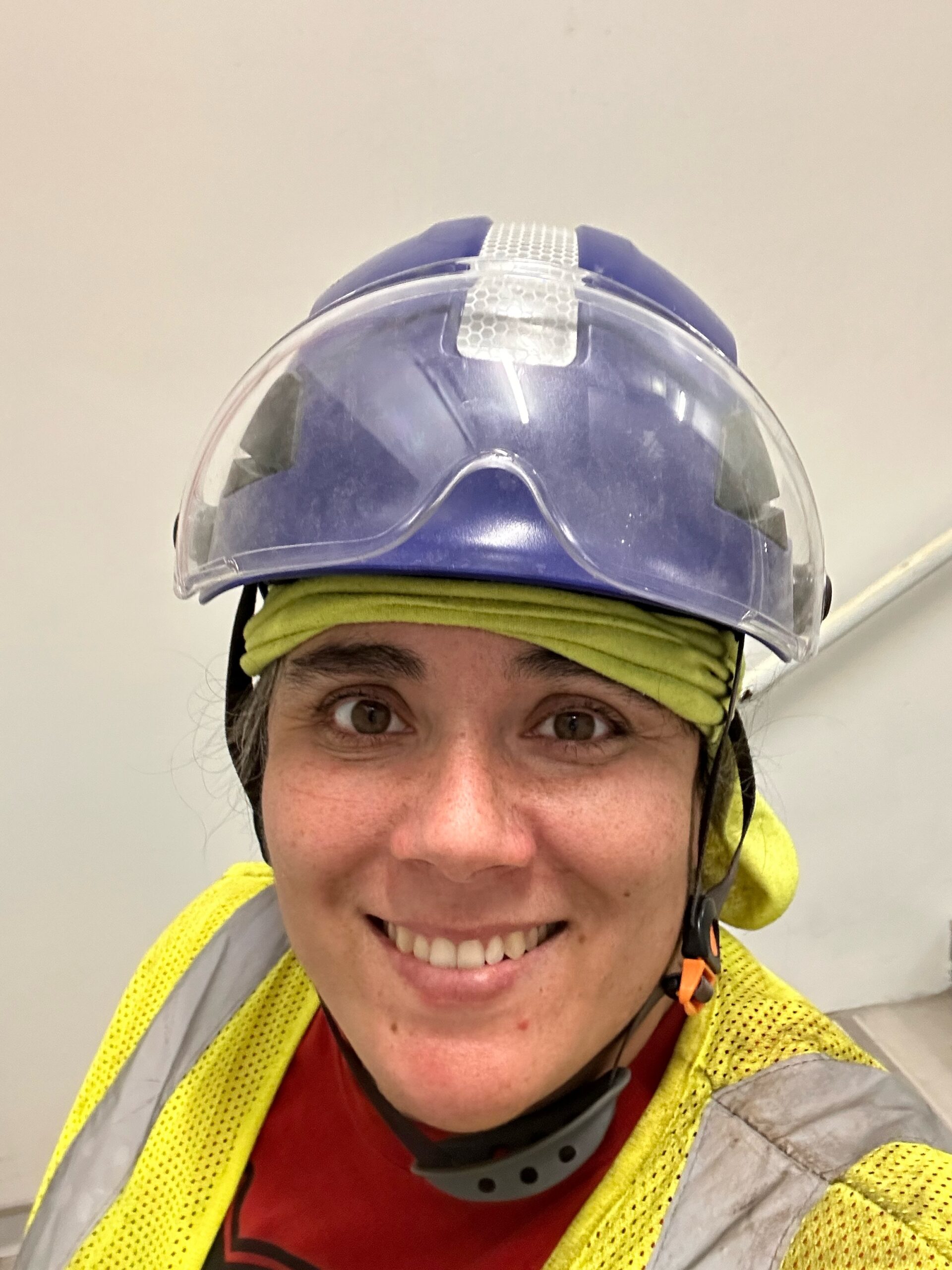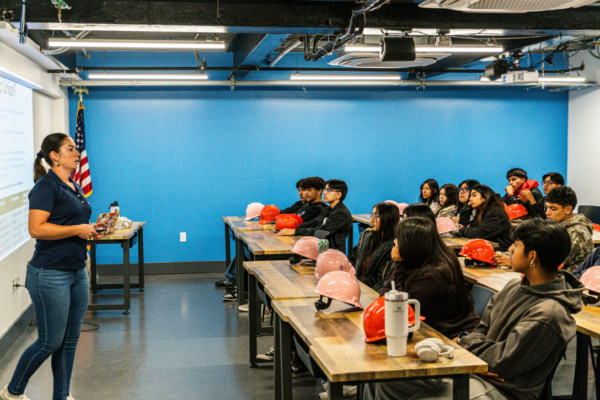New York, NY – As modern citizens in America, we take for granted our almost universal access to good plumbing wherever we are – from our homes to large facilities like hospitals, schools, factories and airports. It’s crucial for daily operations and sanitation.
But it wasn’t always so, and plumbing has a fascinating history that began in the mid-1700’s, when Alexander Hamilton himself was a partner in a private company that constructed a wooden pipe system under roads in New York City, and sold water at street pumps or hydrants. Later on, water mains serviced hydrants for firefighters and became part of a viable public waterworks system.
The rise of various unions accompanied this development and expansion, until today the United Association of Plumbers Local 1 in New York City sends its highly trained members to ply their trade in both commercial and residential work, as well as in medical gas certification and back-flow testing. They work on everything from stadiums to residential homes and small businesses.
The five-year apprentice training program is rigorous, and one such apprentice, Shira Levine, chosen as this year’s Outstanding Apprentice of the Year by the Local, eloquently shared her unique story with LaborPress.
LP: Where did you grow up and did your early environment influence you in any way as far as your goals and aspirations?
SL: Yes, definitely. I grew up in Israel where labor unions are an important part of life. When I was young, I was part of ‘ha’noar ha’oved veh ha’lomad’, a youth group that also functions as the labor union for working 14-18 year-olds. As an adult, I was a member of the Dror Israel movement and the ‘histadrut’ – the largest labor union in Israel. My exposure and firsthand experience with labor unions at a young age impressed on me the power that people have to create, change and improve where we live and motivated me to be a positive and productive member of my community.
LP: Did you have any friends or family members in the trade or other unions?
SL: The only person that I knew in the trades prior to joining myself was a Local 157 carpenter. That friend is who actually pointed me into the direction of the trades by sending me information about NEW (Non-traditional Employment for Women) and who encouraged me to apply. She did a similar program in Boston to get into her apprenticeship. I was helping her with some work at a mutual friend’s house and she said, ‘You like doing this kind of stuff, why don’t you do this for a living?’ She sent me the information about NEW after I was laid off because she knew I was looking for a more sustainable career trajectory.
LP: What was your experience like at NEW?
SL: I am profoundly grateful for my experience at NEW and the opportunities afforded me during the program. NEW opened a door and gave me an opportunity that would have been difficult to achieve on my own. At NEW, I not only learned essential trade skills to help me succeed in my profession, but the program also included education on how to navigate and succeed when you may be the only woman on the job. Being able to be a part of a group of women who are all working towards the same goal of a better and more sustainable future for ourselves, and for many, their families too, was life changing. The relationships and camaraderie that the program cultivated and encouraged was essential to my success and inspired me to be an active member of the Women’s Committee.
LP: At what age did you enter the apprenticeship program? What were you doing before that?
SL: I entered the apprenticeship at the age of 32; prior to that I worked in the food and beverage industry. I was a bartender at a group of local bars on Manhattan’s Upper West Side and a manager at a restaurant in New Jersey. Before coming to the States, I worked as an educator in Israel.
LP: Is there any particular reason you chose to go into the plumbing trade?
SL: In the words of Taro Gomi, author of Everyone Poops, I chose plumbing not only because it’s essential work but because having access to clean water and proper sanitation is the most important basic need for a society to flourish. Plumbing is a profession that requires both mental and physical strength and it is challenging in all the right ways.
LP: What is it like being a woman in an industry dominated by men? Do you feel you get the respect you deserve?
SL: Do you want the long answer or the short one? I don’t feel that being a plumber is much different than being a woman in many other professions. I am fortunate that I’ve been able to work for the same shop since I began my apprenticeship. In my shop, I feel that my work is valued and I’m grateful that I’ve been able to learn from many amazing mechanics. That said, there are times that it can be challenging because when you’re on the job you’re on it with other trades. There have been times that I’ve been on the receiving end of ignorant comments. When that happens, I choose to focus my attention on myself and my work. I feel that my participation in the labor union youth groups, where you are one in a group of people who are working towards a shared goal, has helped me when I’m faced with any adversity that might happen on the job. I am able to engage with the people that I work with and I can have honest conversations. I feel proud of the fact that I have yet to encounter any situation that has diminished my passion for my career.
LP: Would you like to see more women in the industry?
SL: Definitely! The women that I’ve met in the industry are some of the most resilient, hardworking and dedicated people that I’ve had the privilege to know.
LP: What does being in a union mean to you? Do you feel that being in a union and the trade has helped you achieve any goals and dreams you may have had?
SL: Being a union member is a privilege that I do not take for granted. Being in the trade has given me a breadth of knowledge and sense of community that I wouldn’t necessarily have had on my previous career trajectory.
As a member of the union and trade I am able to experience being part of a workforce that recognizes their members/workers as a vital resource that deserve to be treated fairly and that will fight for you if that doesn’t happen.
Prior to my apprenticeship, I worked several jobs simultaneously for many years just to make ends meet and to afford health insurance and have a very modest savings. I am very grateful to be able to just work one job that I love and to earn enough to provide for and grow my family.
Being able to go to work and learn something new every day in a challenging hands-on environment, with the goal of getting the job done safely and correctly so as to ensure the safety of the future occupants, then head home knowing that I have the rest of the time to spend with my kids, is definitely a dream come true.




